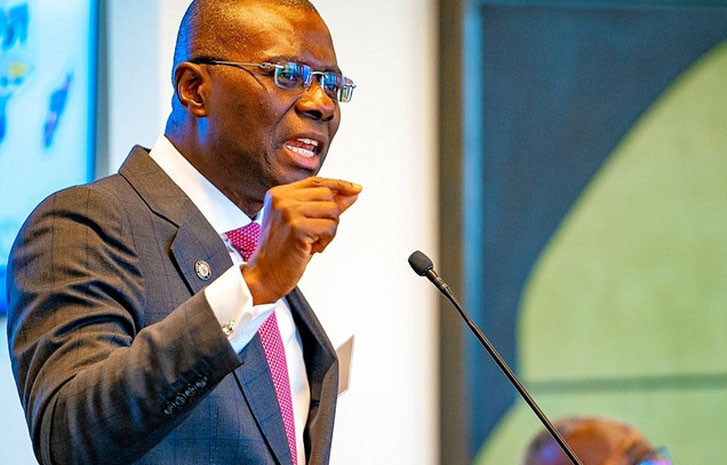THE Lagos State Government has sealed a private hospital at Ago-Okota in the Oshodi-Isolo Local Government Area for taking unscreened and unlabeled blood and administering it to 23 unknowing patients.
Dr. Bodunrin Osikomaiya, the executive secretary of the Lagos State Blood Transfusion Service (LSBTS), made this known in a statement released on Sunday by Tunbosun Ogunbanwo, the Director of Public Affairs for the State Ministry of Health.
Osikomaiya stated that after receiving a tip from a concerned citizen, the LSBTS sealed the facility in coordination with the state Health Facilities Monitoring and Accreditation Agency.
“Following the tip-off, and after thorough investigations, the enforcement teams of LSBTS and HEFAMAA, during their joint monitoring exercise in the area, visited the facility and confirmed to be true, the unwholesome, unprofessional, and unethical medical practices and conduct of the hospital management,” Osikomaiya said.
She noted that the facility was closed due to violations of the blood transfusion service law, unethical and unprofessional medical practices, and endangering the lives of about 23 unknowing patients.
“The law states that no person within Lagos State shall transfuse blood into a patient unless such blood has been screened, tested, labelled by the state blood transfusion committee, and found to be negative for all transmissible diseases, including HIV I and II, Hepatitis B and C, Syphilis, and any other disease as may be deemed necessary by LSBTS,” she added.
The executive secretary said the details of the blood donors and transfusion recipients had been retrieved from the management of the hospital.
She noted that patients who were given the unscreened units of blood at the facility were being traced as part of the protocol to ascertain their clinical health status and ensure their safety.
Osikomaiya emphasised that the hospital’s management and any employees found to have participated in the improper act would face legal action.
She continued by saying that the agency had revised its tactics for sanitising the state against unethical blood transfusion and was still fighting the unwholesome practice of transfusing unscreened blood in the state.
To help the fight against unwholesome blood transfusion, Osikomaiya urged people to report any violations and unwholesome behaviour they observed.
She also pleaded with medical professionals and other parties concerned with the blood transfusion chain, such as blood banks, donation facilities, and logistics companies, to strictly abide by state blood transfusion laws and the rules set forth by the World Health Organization regarding blood donation, collection, and transfusion.







